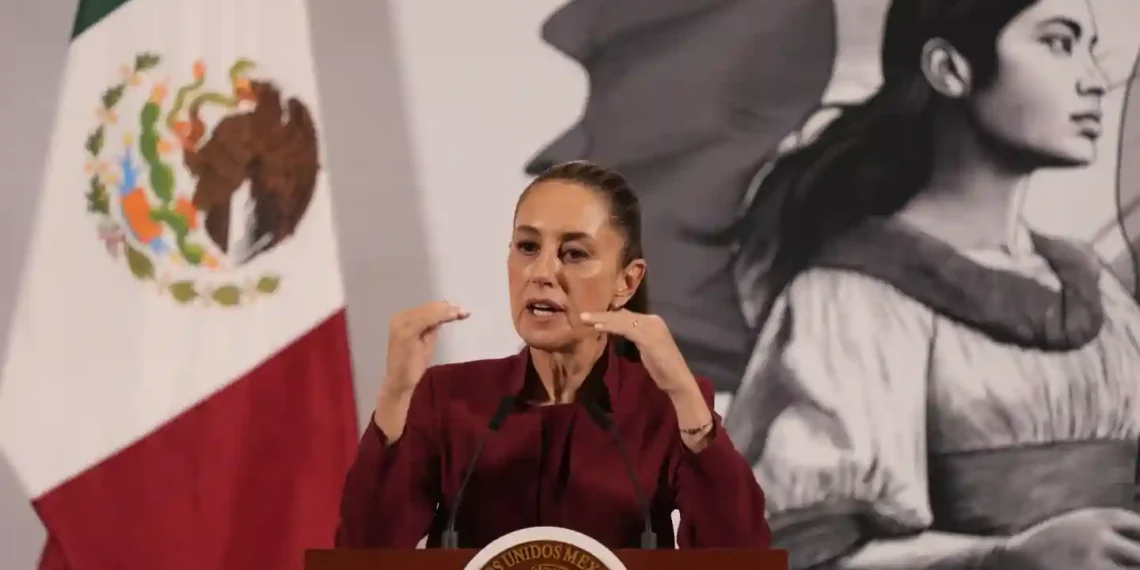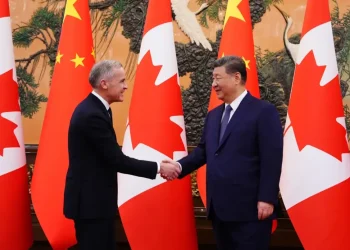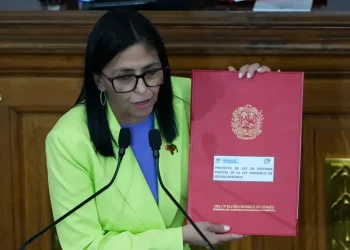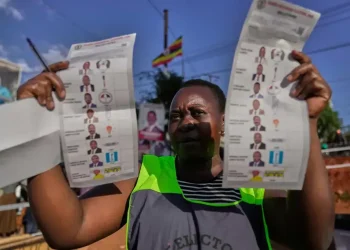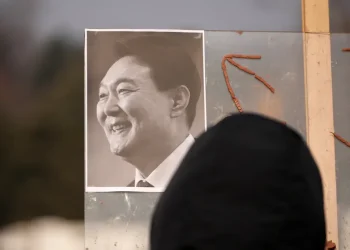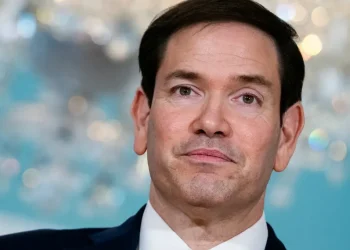Mexico and Brazil Strengthen Trade Ties Amid Trump’s Tariff Chaos
In a strategic move to bolster their economies, the leaders of Mexico and Brazil have agreed to deepen their trade relations, especially in response to the ongoing global uncertainty caused by U.S. President Donald Trump’s fluctuating tariff policies. The decision comes at a time when both Latin American giants are looking for reliable trade partners beyond the shifting U.S. stance on tariffs.
Mexican President Claudia Sheinbaum and Brazilian President Luiz Inácio Lula da Silva met at a regional summit in Honduras, where they discussed a range of issues, including Trump’s trade wars and the impact of escalating deportations. The two leaders agreed that strengthening the economic ties between their countries is essential for stability and growth in the region.
Lula expressed his enthusiasm about the new initiative on social media, writing: “We decided to further strengthen relations between our two countries by promoting regular meetings between our governments and the business sectors of Brazil and Mexico.” This move reflects a shared commitment to building a robust trade partnership amid global challenges.
The summit, attended by 11 heads of state and 20 representatives from Latin America and the Caribbean, emphasized the importance of unity in the face of growing global tensions. Sheinbaum highlighted the necessity for solidarity, stating, “Today more than ever is a good time to recognize that Latin America and the Caribbean require unity and solidarity.”
This message resonated deeply among the leaders, who are increasingly looking for ways to protect their economies from the uncertainty stemming from the U.S. trade war and other international pressures.
In a move that has added to global economic chaos, President Trump recently announced a 90-day suspension of tariffs on most countries, with the exception of China, which continues to face a 125% tariff hike. Although this temporary pause may offer some relief, many of the U.S.’s trading partners are frustrated by the unpredictability of Trump’s policies, prompting them to seek out new trade alternatives.
Even with the tariff suspension, the cloud of uncertainty remains, as countries across the globe struggle to navigate the turbulent waters of international trade under Trump’s leadership. The shifting tariffs have left many wondering whether they can continue relying on the U.S. as a trade partner.
Adding fuel to the fire, Trump’s controversial deportation policies have sparked growing legal and human rights concerns. Critics argue that the administration’s approach infringes on the sovereignty of foreign nations, particularly when it comes to security-related actions.
One such example is U.S. Defense Secretary Pete Hegseth’s comments about Chinese activity in the Panama Canal, which he labeled a security threat. Meanwhile, the Trump administration is reportedly exploring the use of drone strikes against Mexican cartels—an idea that Sheinbaum has firmly rejected. “We do not agree with any kind of intervention or interference,” she said in a recent press conference.
As the global landscape continues to shift, Mexico and Brazil’s decision to strengthen their ties signals a turning point for Latin American unity. By focusing on collaboration, both countries hope to not only navigate the economic challenges posed by the U.S. but also create a more stable and prosperous future for the region.
This article was rewritten by JournosNews.com based on verified reporting from trusted sources. The content has been independently reviewed, fact-checked, and edited for accuracy, neutrality, tone, and global readability in accordance with Google News and AdSense standards.
All opinions, quotes, or statements from contributors, experts, or sourced organizations do not necessarily reflect the views of JournosNews.com. JournosNews.com maintains full editorial independence from any external funders, sponsors, or organizations.
Stay informed with JournosNews.com — your trusted source for verified global reporting and in-depth analysis. Follow us on Google News, BlueSky, and X for real-time updates.
